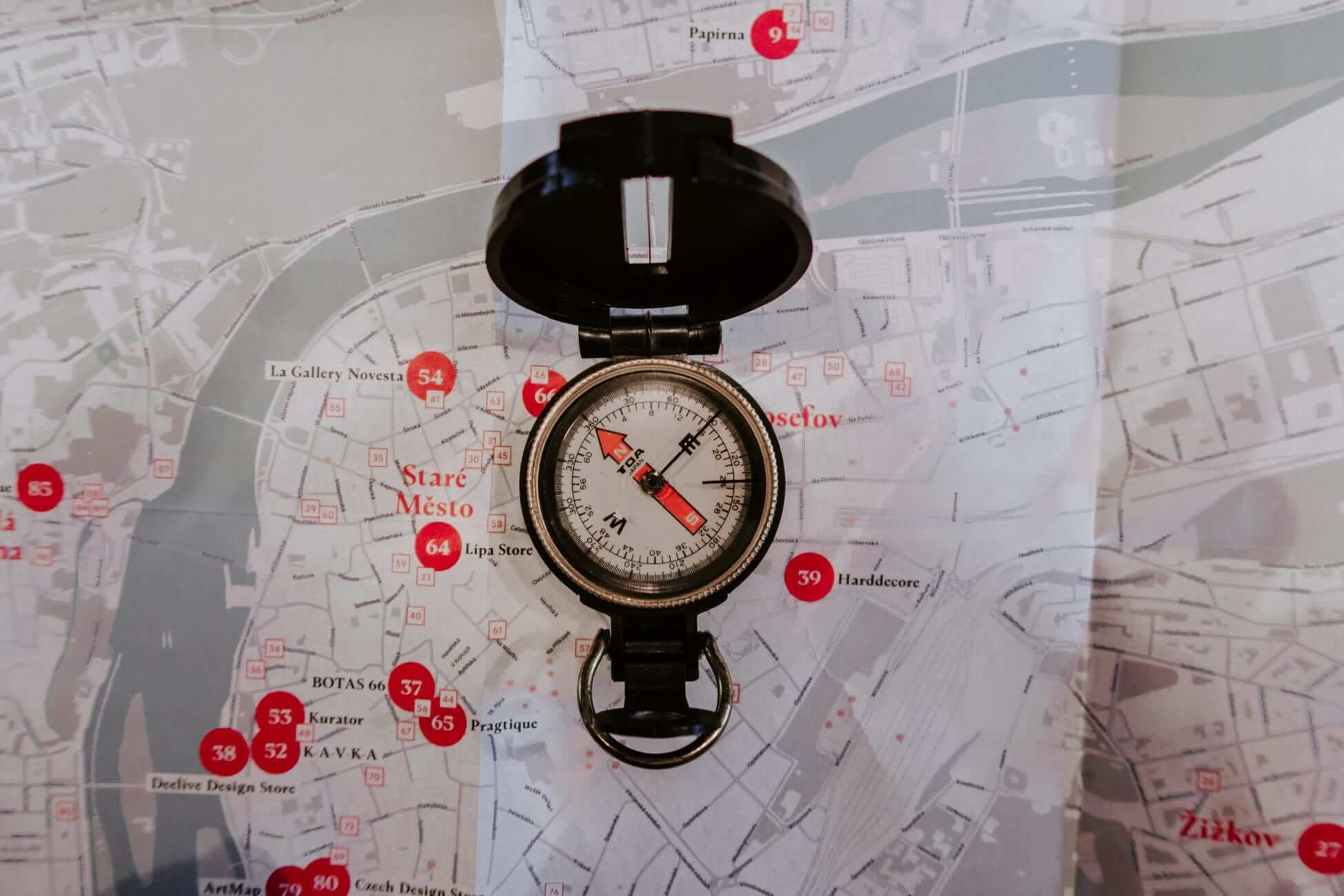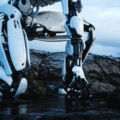It may seem difficult to imagine now, but the coronavirus lockdown will end. One day, when the numbers tell us it’s safe, we will leave our masks at home and return to the streets, revive the economy and re-establish our routines. All of them?
What will the world look like after the pandemic? For now, we know that the economic impact will not be the same for all countries, something I’ve already commented on, countries like South Korea or Singapore that tested as many citizens as possible found that it did not make sense to confine people who had recovered from the disease, regardless of their symptoms, so they have been largely able to keep their economies up and running. This is a virus whose genome varies very little, which suggests that in those who have already developed antibodies, reinfection is unlikely, and that the efficiency of a future vaccine, when it is developed, will probably be high.
Until such a vaccine is available, it will be essential to be able to identify those who can move freely and those who, like older people or those with underlying conditions, will need to maintain protective measures. Germany has announced it will issue certificates to people who have developed antibodies against the coronavirus and who will therefore be able to return immediately to work. Regardless of whether the acquisition of these antibodies has cost people virtually nothing because they have been asymptomatic, or because they have been through major illnesses, there is no doubt that, in the post-pandemic scenario, those who have antibodies will be able to enjoy certain advantages and freedom of movement that others will not.
The question, increasingly, is no longer whether we will return to normal after the pandemic, but whether we really want to return to normal. Do we want to return to gridlocked cities, high levels of pollution, inefficient health systems or to schools and colleges that could be improved? Shouldn’t the lessons learned during lockdown and the fight against COVID-19 encourage change?
- If many companies have been forced to try out teleworking, should they not, once the emergency is over, move on to offer their workers flexible systems that allow them to work from home, in a climate of trust that will enable them, for example, to avoid rush hour and be more productive in the process?
- If we have been able to cleanse the air in our cities to levels unseen in decades, would it not be an idea to think about how we can maintain those levels? Would it not be good to speed up the deadlines for withdrawing harmful technologies and rebuilding our economies on the basis of investment in clean technologies?
- We’ve seen that social protection schemes fail in the face of an intrinsically global phenomenon such as a pandemic, so why not take on the challenge of building a more resilient economic system, which protects the most disadvantaged, based on unconditional basic income?
- If schools and colleges have tested e-learning systems, should they not rethink the way they teach, so as to improve communication, assessment systems or allowing students with the flu to stay at home without infecting their classmates so they can attend classes remotely? In short, shouldn’t this crisis be an alarm signal about the many things we need to change in education?
- If we have a health system that is wasting resources on consultations that simply ask the patient to take a test, or to show the doctor the results of a test, should we not develop telemedicine to the fullest extent possible? Or should we start monitoring our health parameters and processing them algorithmically, allowing us to predict public health disruptions more easily, and knowing for sure that our information is not being exploited commercially or, even worse, politically?
Labor, the environment, the economy, education and healthcare are just five examples of things that should change after this pandemic, after this crisis. Let me put it like this: are we really sure that we want to go back to ‘normal’ after the pandemic? Did we like that “normality” so much? And since we have manage to make a clean break with it… why not take advantage and move on to something better?
About the Author
This article was written by Enrique Dans, professor of Innovation at IE Business School and blogger at enriquedans.com.





























